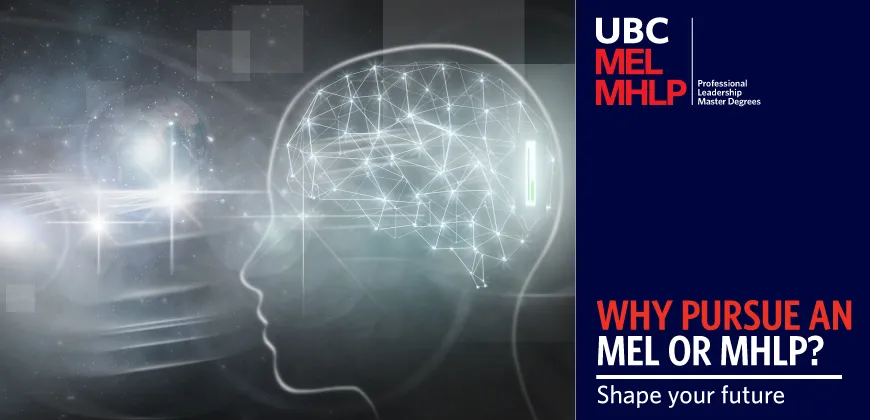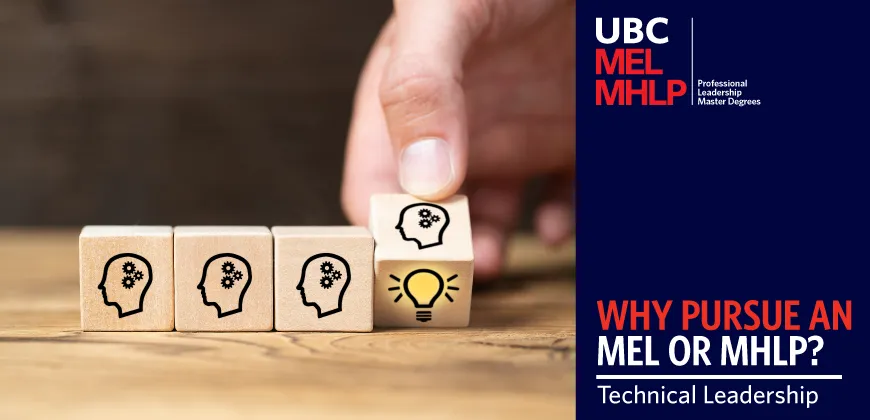Shape your future

How do you navigate a world of constant change?
Many experts agree that a commitment to lifelong learning is one of the best strategies for staying resilient and future-proofing your career – benefits including the ability to confidently pursue new opportunities and a greater sense of satisfaction in all areas of life. In her article “Active Career Management — Get Strategic About Your Career,” management consultant Uma Kasoji articulates the importance of committing to lifelong learning and actively managing your career to identify the skills you want to develop and the experience you want to gain. Kasoji’s first tip is to keep learning, with a focus on three distinct sets of skills: domain knowledge, soft skills and leadership skills. This blend of skills is crucially important. When domain knowledge is supported by strengths in communication and leadership, you are better positioned to confidently rise to the challenge of new opportunities. Many early- and mid-career professionals recognize the value in expanding their skills, that they need to develop this combination of skills, but feel pigeonholed by the narrow approach in traditional master’s degrees. That’s where the Master of Engineering Leadership (MEL) and Master of Health Leadership and Policy (MHLP) offer a unique advantage. These interdisciplinary degrees equip professionals with the integrated technical and business knowledge needed to excel in their fields and take on leadership positions with increased responsibility.
As Sean Mercer, a 2020 graduate of the MEL in Integrated Water Management said, “Career-wise, the MEL really stood out as it would allow me to take the same technical classes I would in an MEng and I could pick and choose electives that interested me. But it was also like a mini MBA with its courses on the management, leadership and business side of things.”
Similarly, Yenlinh Chung, a 2020 graduate of the MHLP in Clinical Education also identified the need to develop a broad range of skills as part of her commitment to ongoing learning.
“A two-year master of science in nursing, with its extensive research and thesis requirements, didn’t necessarily appeal,” she said. “An MBA seemed like it could be too far removed from my nursing context and perspective. And although I am passionate about teaching, I wasn’t sure about a Master of Education. The 12-month MHLP brought the best of each of those degrees together.”
The classes that cover domain knowledge are taught by world-leading researchers from the Faculty of Applied Science. These are balanced by courses taught through the UBC Sauder’s Robert H. Lee Graduate School that cover leadership skills and the fundamentals of business. Extracurricular professional development opportunities – such as workshops and one-on-one coaching sessions – and a focus on collaborative group work and experiential learning provide countless opportunities to develop soft skills. All of this is done within an active and engaged learning community, which aligns with Uma Kasoji’s second tip for active career management: build a professional network. For many MEL and MHLP students and alumni, the personal and professional connections they make with other students, faculty and industry partners are one of the most valuable elements of the degree experience. For professionals who want to stay on the leading edge of their chosen industry, ongoing learning can take many forms. It can look like agreeing to take on a new project outside your comfort zone, reading broadly in your field, attending professional development opportunities, taking additional courses to gain new skills, or investing in your future through postgraduate education through programs such as the MEL and MHLP.


